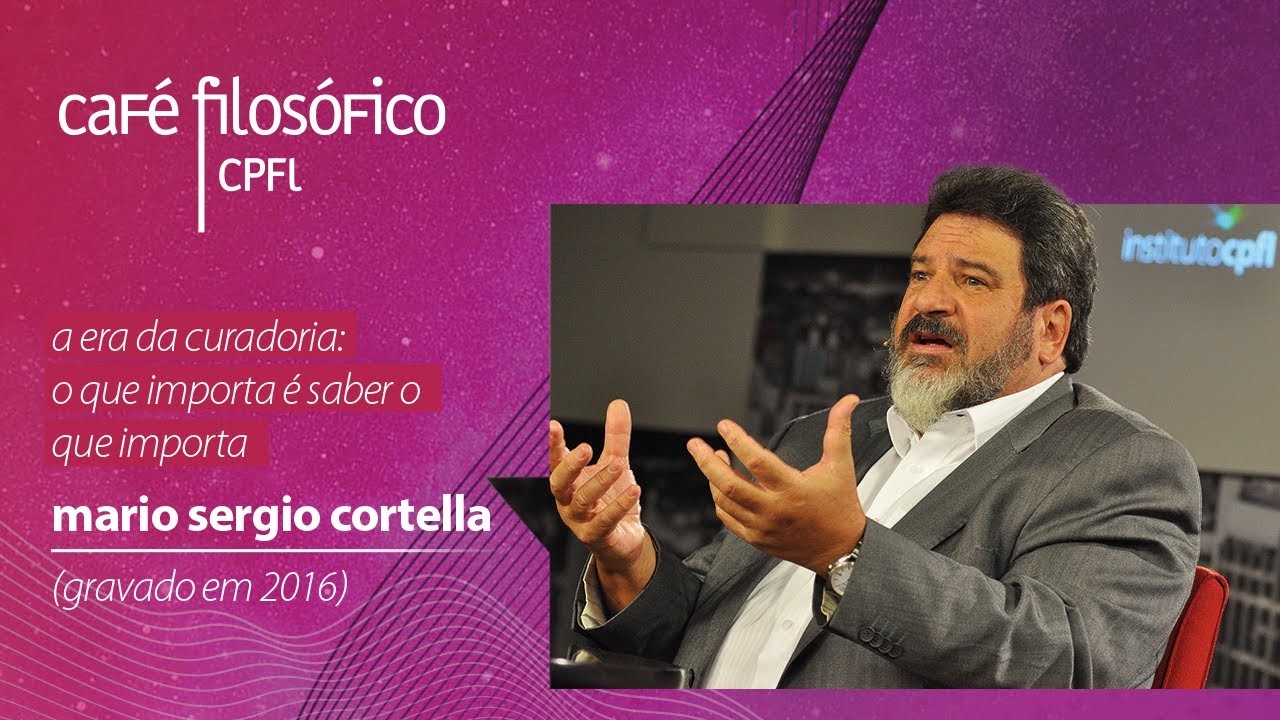Jordan Peterson: How To Be Authentic
Summary
TLDRThe speaker discusses the concept of authenticity, emphasizing the need to detach from one's thoughts and words to identify what truly reflects oneself. Many ideas we express are inherited from others and don't align with our true selves. By paying attention to how certain statements make us feel—either strong or weak—we can discern whether we are being authentic. This practice helps in recognizing self-betrayal and encourages finding genuine thoughts. The speaker also highlights the risks of relying on clichés, advocating for original thinking as a path to meaningful communication.
Takeaways
- 🤔 Rogers emphasizes using bodily signals to detect when you're being inauthentic or incongruent.
- 🧠 A large portion of your thoughts and speech are influenced by others' opinions and external sources.
- 🔍 Detaching yourself from your thoughts allows you to identify which ideas truly represent you.
- 💪 You can feel the difference between authenticity and falsehood by sensing whether what you're saying makes you feel strong or weak.
- 🤐 If your speech causes discomfort or weakness, stop speaking and search for more truthful words.
- 💬 Clichés are dangerous because they prevent genuine self-expression and allow people to hide from criticism.
- 🌱 In creative writing, a small original thought can emerge amidst clichés, reflecting true personal insight.
- 💡 Expressing your true self is difficult because criticism of original thoughts feels personal and painful.
- 👁️ The ancient Mesopotamians valued paying attention and speaking truth as the highest virtues.
- 🎭 Many ideas people express don't truly belong to them—ideas can control people like puppets.
Q & A
What does Rogers believe regarding the information from the body?
-Rogers believes that you can use the information from your body to determine when you are being inauthentic or incongruent. This bodily awareness can guide you in recognizing when your actions or words are not aligned with your true self.
Why is it important to detach yourself from your thoughts and words?
-Detaching yourself from your thoughts and words is important because much of what we think and say are opinions or ideas from others, not our own genuine thoughts. This detachment allows you to identify which thoughts and words truly represent you and which do not.
How can you tell when something you say is inauthentic?
-You can tell something is inauthentic if it makes you feel weak or uneasy, particularly in the midsection. This feeling is described as an autonomic response to falsehood, where it feels like you've 'stepped off solid ground' and betrayed yourself.
What should you do if you feel inauthentic while speaking?
-If you feel inauthentic while speaking, the rule is to stop talking immediately. Then, take a moment to reassess and find words that feel more aligned with your true self and do not produce the sensation of weakness or self-betrayal.
What is the problem with using clichés in communication?
-Using clichés is problematic because they do not represent your original thoughts; they reflect the collective ideas of others. Clichés lack personal authenticity and creativity, and using them can make you feel disconnected from your true self.
Why do students often use clichés in their essays?
-Students often use clichés because it's easier than generating original thoughts. They also serve as a protective layer—if the clichés are criticized, the student can detach and avoid feeling personally criticized, since those ideas are not truly their own.
What happens when students express original thoughts in their writing?
-When students express original thoughts in their writing, it is often tentative, like a 'little green shoot' barely poking through. If those thoughts are criticized, it can be painful, leading them to retreat because they've exposed a part of themselves.
Why is exposing your original thoughts necessary for genuine communication?
-Exposing your original thoughts is necessary for genuine communication because it reflects your true self. While it can be terrifying and leave you vulnerable to criticism, it is essential for authentic engagement and real intellectual growth.
What did the ancient Mesopotamians believe about the highest virtue?
-The ancient Mesopotamians believed that the highest virtue was embodied by a god who had eyes all around his head and spoke powerful words. This symbolized the importance of paying attention (the eyes) and speaking truthfully (the magic words), both seen as the most important human capacities.
What does it mean that 'people don’t have ideas, ideas have people' according to Carl Jung?
-According to Carl Jung, the phrase 'people don’t have ideas, ideas have people' means that individuals are often controlled by the ideas they carry, rather than being in control of those ideas. These ideas can influence thoughts and actions like a puppeteer controls a marionette.
Outlines

This section is available to paid users only. Please upgrade to access this part.
Upgrade NowMindmap

This section is available to paid users only. Please upgrade to access this part.
Upgrade NowKeywords

This section is available to paid users only. Please upgrade to access this part.
Upgrade NowHighlights

This section is available to paid users only. Please upgrade to access this part.
Upgrade NowTranscripts

This section is available to paid users only. Please upgrade to access this part.
Upgrade NowBrowse More Related Video

Jordan Peterson - How to Know You're Being Authentic Or Fake

Not Giving a F*ck is simple, actually

How to protect your inner peace | Shaykh Hamza Yusuf

12 Intellectual Girl Habits You NEED to EXIT YOUR FLOP ERA

always do your best

A era da curadoria: O que importa é saber o que importa, com o filósofo Mario Sergio Cortella
5.0 / 5 (0 votes)